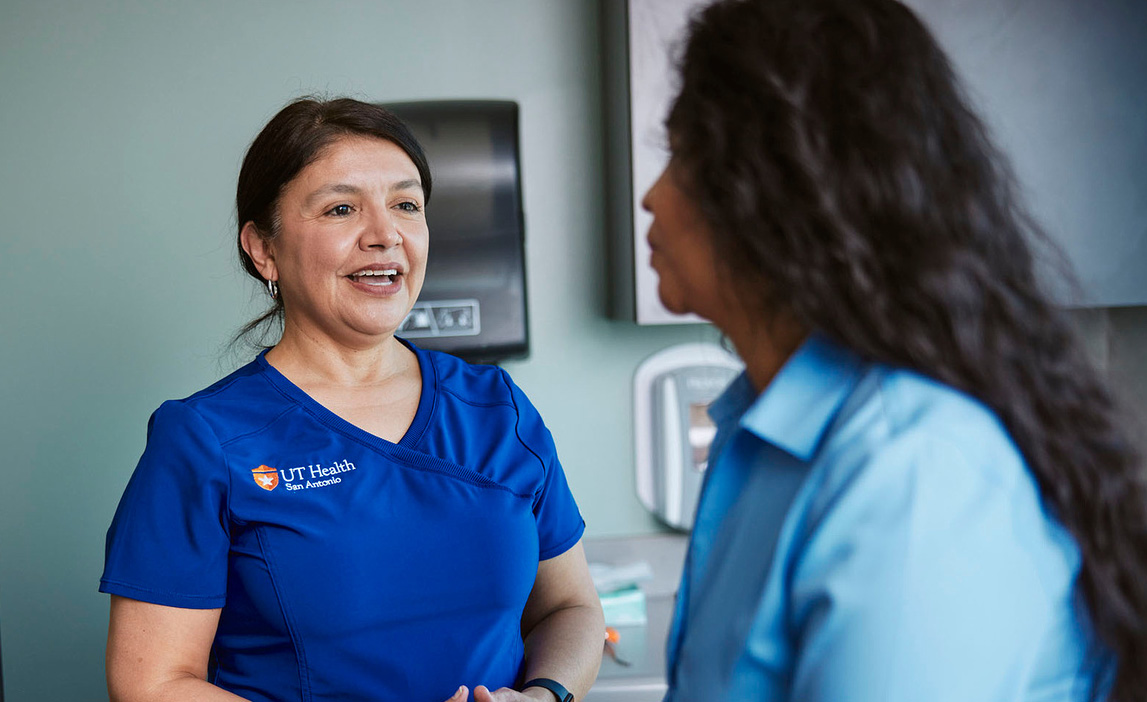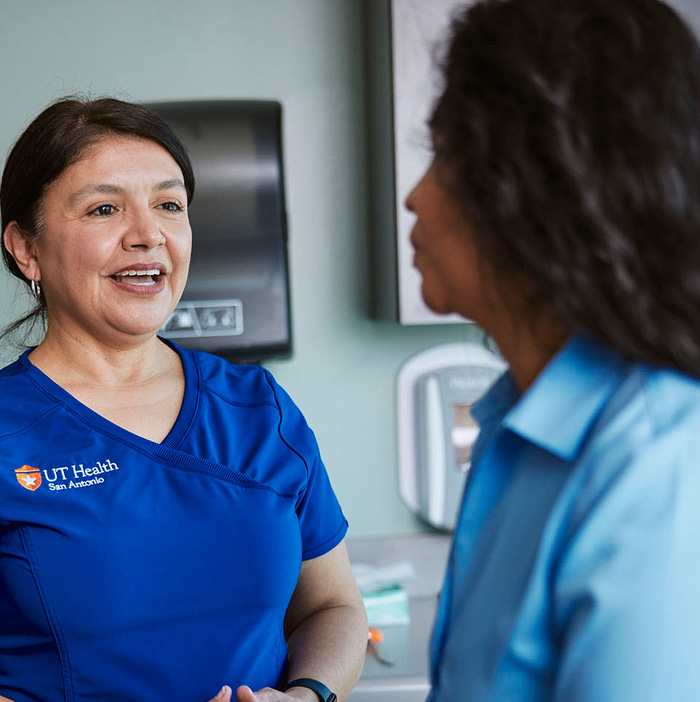

Physical Effects of Cancer
Even if you’re ready to move on with your life after cancer, side effects from the disease or treatments may slow you down. It’s common for these issues to appear months or even years later.
Get cancer care
To begin care in our cancer survivorship program, contact your oncologist or health care team for a referral. Or call 210-450-1000.

 Close
Close
